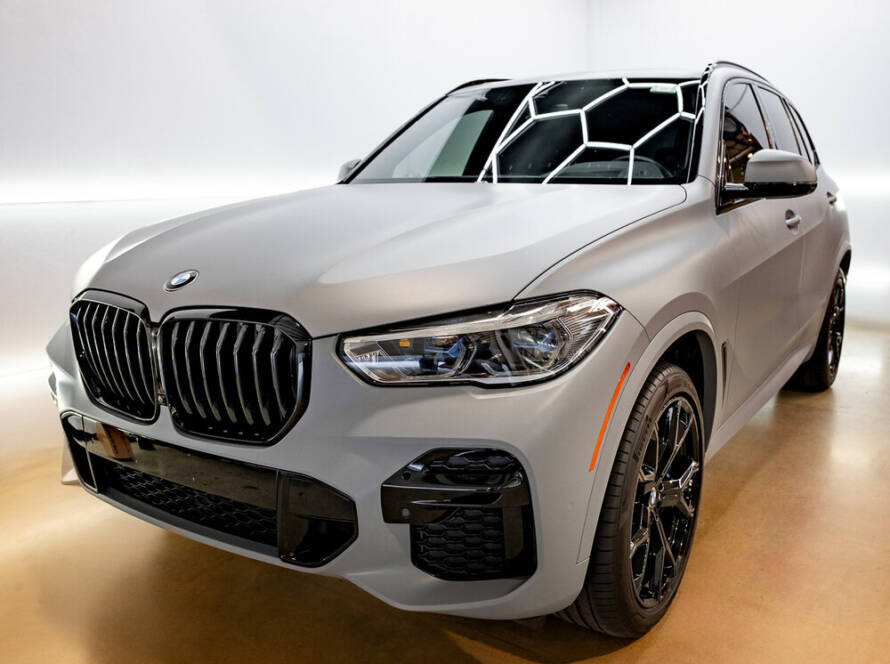Crafting a personalized vehicle exterior goes beyond simple paint—custom car wraps transform your ride into a unique statement while shielding factory paint from scratches and UV damage. In this guide, you’ll discover how custom car wraps combine design innovation, high-performance materials, transparent cost breakdowns, and professional installation practices to deliver lasting style and protection.
We’ll explore vinyl and TPU films, delve into creative layout options, compare full-vehicle and partial wraps, and outline maintenance essentials. Whether you seek a striking matte finish or afleet-branding solution,SFG Wraps equips you with actionable insights to enhance appearance, preserve value, and harness mobile advertising potential.
Contents: Your Complete Custom Car Wraps Guide
- What Are Custom Car Wraps and How Do They Enhance Your Vehicle?
- What Is a Vehicle Vinyl Wrap?
- How Do Custom Car Wraps Protect and Personalize Your Vehicle?
- Benefits of Car Wraps vs. Paint
- Popular Custom Car Wrap Design Ideas
- Car Wrap Design Process & Branding Impact
- Car Wrap Materials: Vinyl vs. TPU vs. Specialty Finishes
- Cost of Custom Car Wraps (Full vs. Partial Wraps)
- Professional Installation Process Explained
- DIY vs. Professional Wraps – Which to Choose?
- Maintenance & Longevity of Car Wraps
- Commercial Vehicle Wraps & Fleet Branding
- Why Choose SFG Wraps for Your Custom Wrap?
- FAQs About Car Wraps
What Are Custom Car Wraps and How Do They Enhance Your Vehicle?
Custom car wraps are large sheets of specialty film applied to a vehicle’s exterior to change color, pattern, or texture while preserving underlying paint. By adhering conformable vinyl or TPU materials to body panels, these wraps deliver protection against stone chips, UV exposure, and minor abrasions. Vehicle owners benefit from a fresh look, reversible customization, and added resale value when professional-grade wraps maintain paint integrity and showcase personal orcommercial vehicle branding.
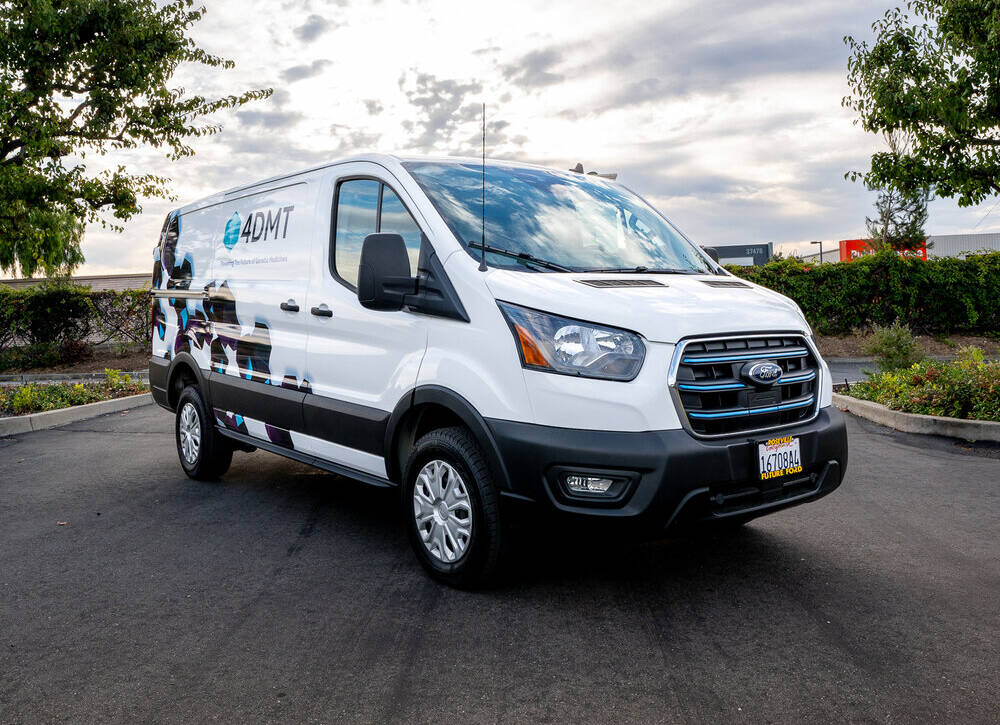
What Is a Vehicle Vinyl Wrap?
A vehicle vinyl wrap consists of flexible PVC film engineered to conform to automotive contours, providing a color-change finish without permanent paint. Advanced cast vinyl offers high durability, resisting fading and cracking through UV-stabilized pigments, while calendered vinyl delivers cost-effective color options on simpler surfaces. Vinyl wraps bond via pressure-activated adhesives that allow repositioning during installation and clean removal without paint damage, making them ideal for temporary or long-term applications.
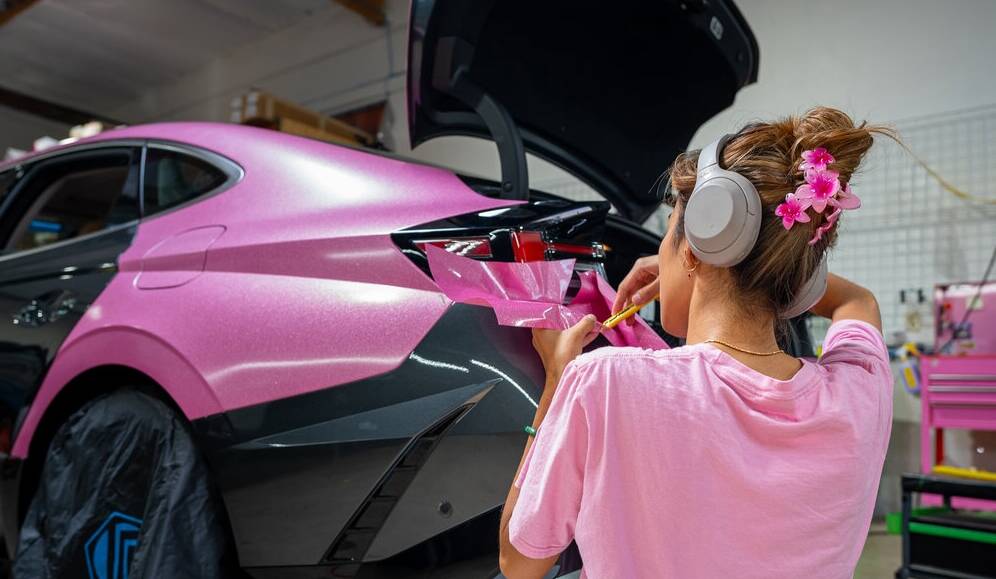
How Do Custom Car Wraps Protect and Personalize Your Vehicle?
Custom wraps form a protective barrier over factory paint, absorbing scratch impacts and shielding against environmental factors such as road debris and acid rain. Simultaneously, they enable limitless personalization—from full-body color shifts to accent stripes and photographic graphics—so vehicle owners can reflect individual style or corporate identity. This dual role of protection plus expression enhances visual appeal while maintaining the original finish, ultimately supporting higher resale valuations when the wrap is removed.
What Are the Key Benefits of Choosing a Car Wrap Over Paint?
- Cost Efficiency: Wraps typically cost 40–60% less than premium paint finishes while offering comparable aesthetic results.
- Protection Layer: The wrap serves as a sacrificial shield, preventing paint chips and sun damage.
- Advertising Opportunity: Printed graphics turn any vehicle into a mobile billboard, generating brand exposure on the go.
- Reversibility: Unlike paint, wraps can be removed cleanly, allowing temporary campaigns or color updates without affecting resale.
Collectively, these benefits deliver versatile style, paint protection, and marketing utility—all at a more accessible price point than traditional refinishing.
How Do You Design a Custom Car Wrap?
What Are Popular Custom Car Wrap Design Ideas?
Designers leverage a variety of themes to deliver eye-catching results:
- Bold Solid Colors: Matte black, satin white, or metallic overlays for modern minimalism.
- Geometric Patterns: Interlocking shapes that accentuate body lines and give a three-dimensional effect.
- 3D Graphics: Photorealistic textures like carbon fiber, brushed metal, or snake-skin for tech-inspired aesthetics.
- Branded Imagery: Logos, taglines, and QR codes for mobile advertising on commercial vehicles.
- Gradient Transitions: Smooth color fades that draw attention to key design focal points.
These concepts guide creative options that satisfy both personal tastes and corporate branding strategies.
Can You Create Your Own Car Wrap Design?
Yes, vehicle owners can collaborate with our designers or use online visualizer tools to craft in-house wrap layouts. By providing high-resolution vehicle templates and our brand assets, clients participate in proofing revisions—adjusting color curves, repositioning logos, and selecting finish types. SFG Wraps offers design consultations that refine amateur drafts into production-ready artwork, ensuring print accuracy and durable application.
How Does Graphic Design Influence Vehicle Branding and Aesthetics?
Graphic design shapes brand perception by placing logos and messaging in high-visibility locations such as doors and rear panels. Strategic use of color psychology—like vibrant reds for energy or blues for trust—reinforces brand attributes every time the vehicle is on the road. Cohesive typography choices and consistent imagery ensure that wrapped fleets deliver a unified look, boosting recognition and memorability across diverse marketing channels.
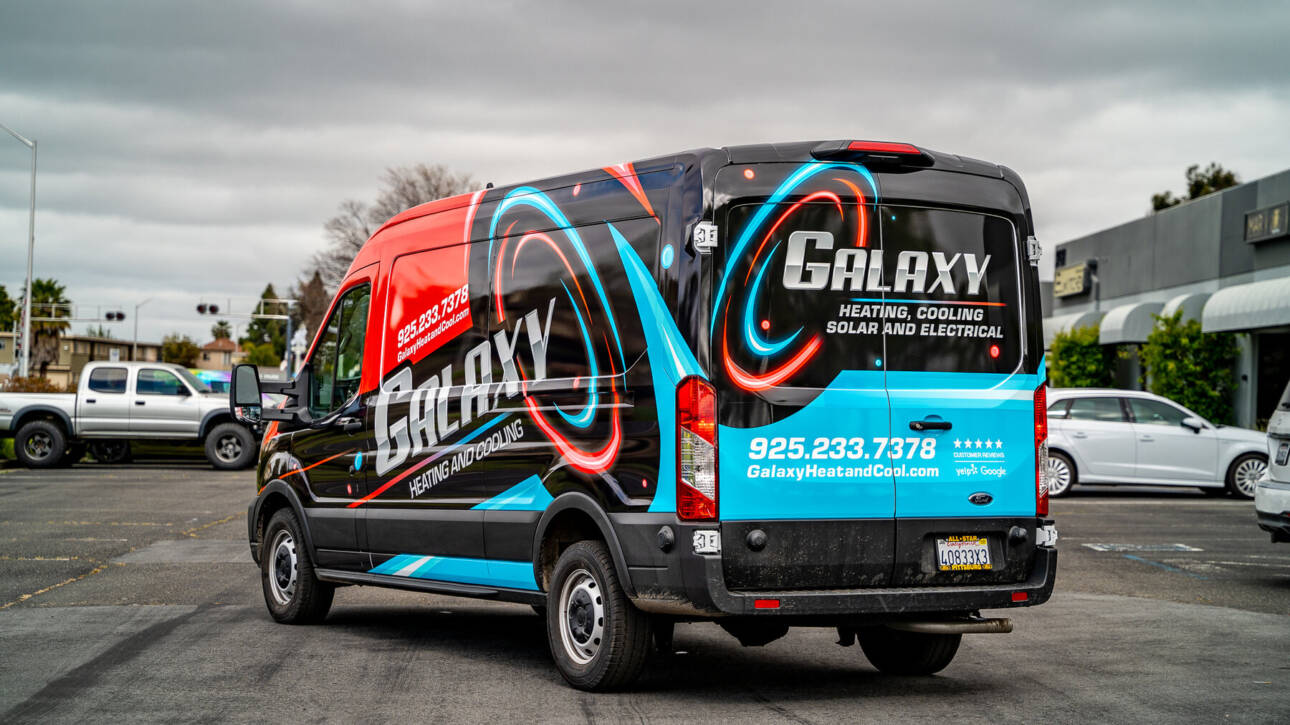
What Types of Materials Are Used for Car Wraps?
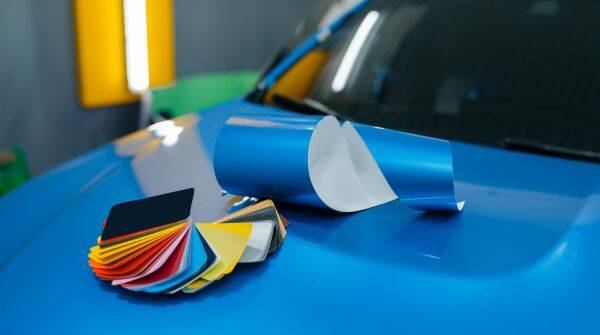
What Are the Differences Between Vinyl Wrap Types?
| Film Type | Durability (Years) | Flexibility | Ideal Uses |
| Cast Vinyl | 5–10 | High | Complex curves, premium wraps |
| Calendered Vinyl | 3–5 | Moderate | Flat panels, budget wraps |
Cast vinyl’s thin profile and UV-stable ink layers support seamless coverage on bumpers and door handles, while calendered vinyl provides an affordable solution for straightforward color changes on flat roof panels.
Understanding Car Wrap Materials: Durability of Cast vs. Calendered Vinyl
Cast vinyl wraps are recognized for their high durability and flexibility, typically lasting 5-10 years due to their resistance to UV rays and extreme temperatures, making them ideal for complex vehicle contours. In contrast, calendered vinyl offers a more budget-friendly option with a lifespan of 3-5 years, best suited for flatter surfaces and temporary applications.
This information directly verifies the article’s comparison of cast and calendered vinyl types, including their respective durabilities and ideal uses.
How Does TPU Film Compare to Vinyl for Car Wraps?
Thermoplastic polyurethane (TPU) offers self-healing properties and superior resistance to abrasion, making it ideal for paint protection film applications:
- Enhanced Scratch Resistance: Minor scuffs fade away as TPU’s molecular structure reforms.
- Greater UV Stability: Less yellowing over time compared to standard vinyl.
- Thinner Profile: Maintains original vehicle contours without adding bulk.
- Chemical Resistance: Better performance against road salts and oils.
TPU Film: Advanced Protection and Self-Healing Properties for Car Wraps
Thermoplastic Polyurethane (TPU) films are a premium choice for car protection, offering superior scratch resistance, UV stability, and self-healing capabilities that allow minor scuffs to disappear with heat. Aliphatic TPU, specifically, is engineered to resist yellowing and provide long-lasting impact absorption, extending the wrap’s lifespan to 7-10 years with proper care.
This research confirms the article’s details on TPU film, highlighting its advanced protective features, self-healing properties, and extended lifespan compared to other materials.
What Specialty Finishes Are Available for Car Wraps?
Special finishes extend creative possibilities with unique textures and effects. Common specialty options include:
- Matte and Satin: Soft, non-reflective surfaces for understated elegance.
- Gloss and Metallic: High-sheen finishes with pearl or chrome flakes.
- Brushed Metal and Leather Textures: 3D tactile illusions for sophisticated visuals.
- Holographic and Color-Shift Films: Dynamic color changes that shift with viewing angle.
These finishes enable custom wraps to mimic exotic paints or create entirely new visual narratives that stand out on the road.
How Much Does a Custom Car Wrap Cost?
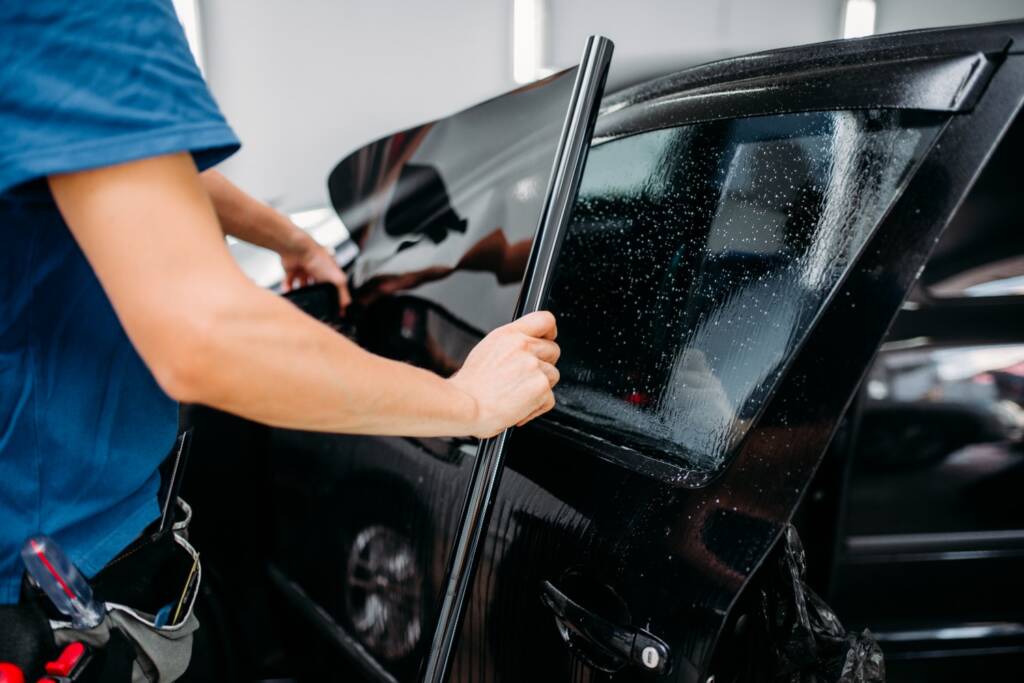
What Factors Affect the Price of a Car Wrap?
Several variables influence total project cost:
- Material Grade: Premium cast vinyl and TPU command higher rates than calendered vinyl.
- Coverage Area: Full wraps cost more than partial or accent applications.
- Design Complexity: Full-color prints and intricate 3D graphics increase printing time and labor.
- Surface Preparation: Dent repair, paint correction, and panel sanding add prep hours.
- Installer Expertise: Certified technicians with warranty backing charge premium installation fees.
Assessing these factors helps establish realistic budgets and expectations before committing to a custom wrap.
How Much Does a Full Wrap Cost Compared to Partial Wraps?
| Wrap Type | Approximate Cost | Coverage Scope | Typical Applications |
| Full Wrap | $2,500–$15,000 | Entire vehicle exterior | Comprehensive color changes, brand fleets |
| Partial Wrap | $800–$2,500 | Sectional areas (hood, doors) | Accent stripes, custom hoods |
Is Wrapping a Car Cheaper Than Painting It?
Yes, wrapping a vehicle is generally 40–60% less expensive than a high-end paint job, especially when factoring in labor, paint materials, and curing time. Wraps also reduce downtime, require no VOC emissions, and preserve factory paint, offering both environmental and financial advantages over conventional refinishing.
What Is the Professional Car Wrap Installation Process?
What Are the Key Steps in Professional Car Wrap Installation?
- Surface Preparation: Clean, degrease, and remove existing contaminants to guarantee film adhesion.
- Measurement & Cutting: Precisely template panels and pre-cut film sections for efficient coverage.
- Alignment & Positioning: Use magnets or low-tack adhesives to align film edges with body lines.
- Heat & Stretch Application: Employ heat guns and squeegees to conform film to curves and recesses.
- Edge Sealing: Trim excess film and apply seam tape where necessary to prevent lifting.
- Post-Heat Treatment: Reheat bonded areas to activate adhesive fully and stabilize film flexibility.
Execution of these steps by trained professionals minimizes installation errors and maximizes wrap longevity.
Can You Install a Car Wrap Yourself?
DIY installation is possible but poses challenges:
- Pros: Lower material costs, full creative control, personal satisfaction.
- Cons: Steep learning curve, risk of bubbles and misalignment, voided material warranties.
Novices often undercut adhesive activation or overstretch film, leading to premature lifting. For guaranteed results and warranty coverage, professional installation by a certified shop like SFG Wraps remains the recommended approach.
How Long Does Car Wrap Installation Usually Take?
- Small Cars: 1–2 days
- Sedans & SUVs: 2–3 days
- Vans & Trucks: 3–5 days
Allowing sufficient cure time and detailed surface preparation ensures that wraps adhere fully and deliver optimal durability.
How Do You Maintain and Care for a Car Wrap?
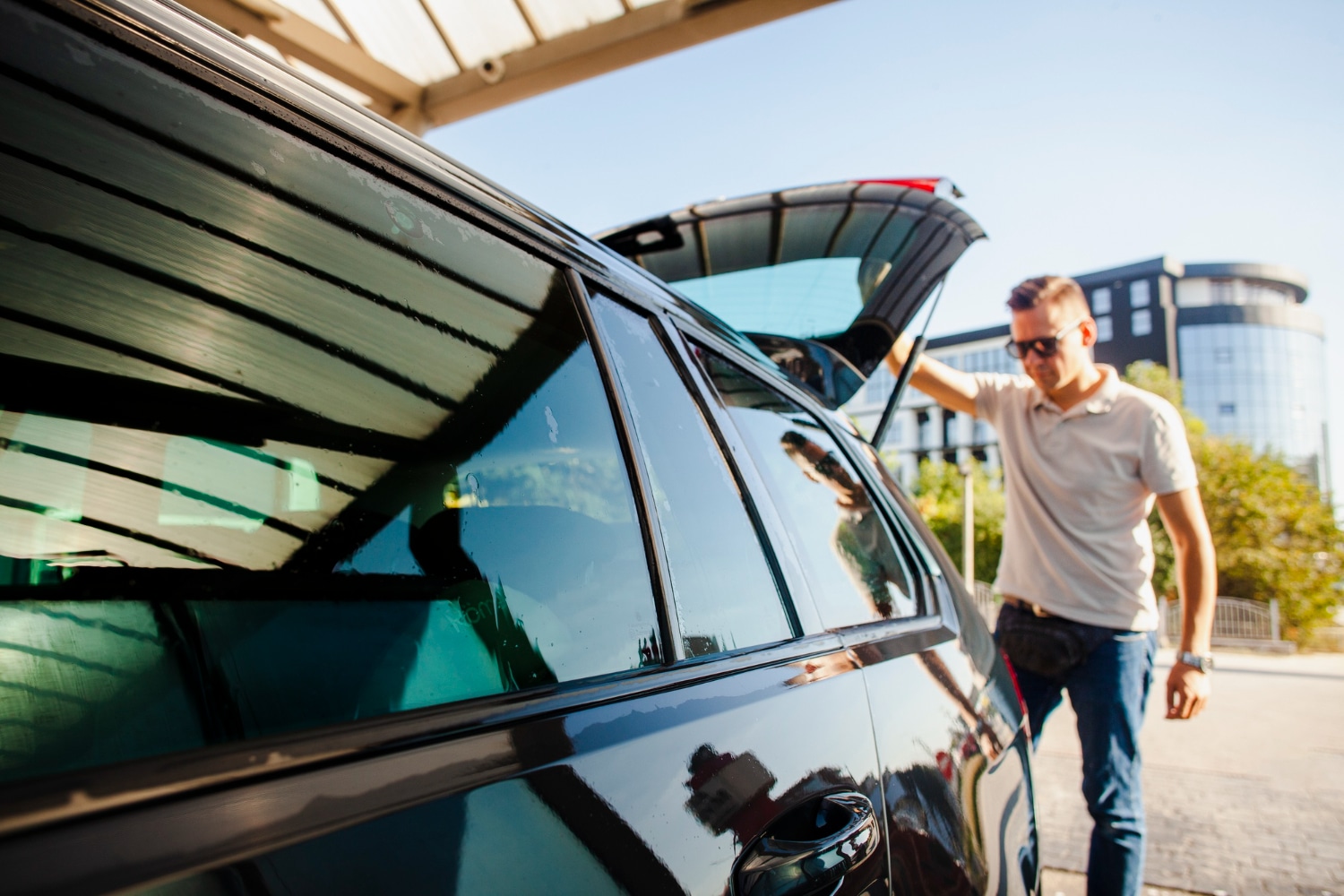
What Are the Best Practices for Cleaning a Wrapped Vehicle?
- Mild Soap & Water: Use pH-neutral car wash soap with a soft microfiber mitt.
- Low-Pressure Rinse: Avoid high-pressure jets closer than 12 inches to film seams.
- Gentle Drying: Pat dry with a clean microfiber towel; avoid abrasive brushes.
These steps remove road grime without degrading adhesive bonds or finish sheen.
How Can You Protect and Extend the Lifespan of Your Car Wrap?
- Park in Shade: Reduces UV exposure that leads to color fading.
- Apply Protective Coatings: Use wrap-safe ceramic coatings for hydrophobic protection.
- Avoid Harsh Chemicals: Skip solvent-based degreasers that weaken adhesives.
Complementing routine cleaning with protective finishes preserves film flexibility and prevents premature wear.
Does Maintenance Differ by Wrap Material?
- Vinyl Wraps: Avoid petroleum-based cleaners; reheat edges if lifting occurs.
- TPU Films: Self-healing action mitigates scratches; reapply protective coatings annually.
Understanding material-specific protocols ensures each wrap type achieves its maximum service life.
What Are the Options for Commercial Vehicle Wraps and Advertising?
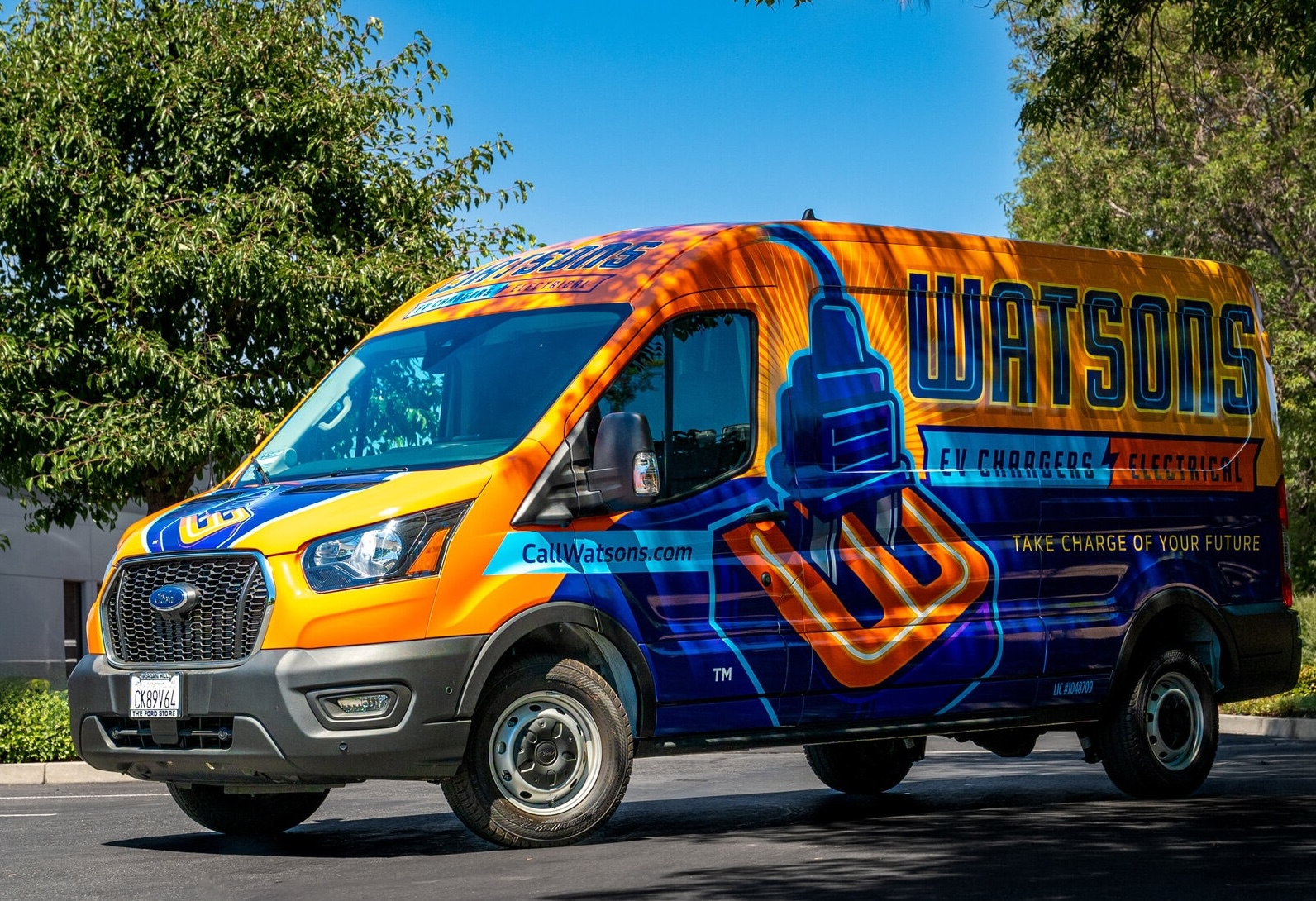
How Do Commercial Wraps Enhance Brand Visibility?
Brand exposure grows through:
- Continuous Impressions: Each wrapped vehicle generates thousands of daily views.
- Local Targeting: Coverage in specific regions reinforces community presence.
- Consistent Messaging: Uniform color schemes and logos across a fleet establish trust.
The Ultimate Marketing Tool: Vehicle Wrap Statistics
Vehicle wraps are a highly effective marketing strategy, with studies indicating that 97% of people remember seeing a vehicle wrap advertisement. These mobile billboards can generate between 30,000 to 70,000 daily impressions, significantly increasing brandawareness and recall compared to other outdoor advertisingforms.
This research supports the article’s claims regarding the effectiveness of commercial vehicle wraps in enhancing brandvisibility and generating impressions.
What Are Fleet Wrapping Services and Their Advantages?
| Service Offering | Advantage | Business Impact |
| Standardized Full Wraps | Uniform branding across multiple vehicles | Strengthens corporate identity |
| Partial Vehicle Graphics | Cost-effective logo placement | Quick brand refresh on existing fleet |
| Seasonal Promotions | Easy swap-out for limited-time campaigns | Timely marketing flexibility |
How Does SFG Wraps Customize Commercial Vehicle Wraps?
SFG Wraps integrates brand guidelines into wrap design by collaborating with marketing teams, performing on-site measurements, and employing industrial printers for high-resolution decal production. Our turnkey process includes in-house graphic proofing, color matching, and post-installation inspections to guarantee that each vehicle aligns with corporate standards and delivers maximum advertising impact.
A cohesive fleet appearance not only promotes brand legitimacy but also underscores operational professionalism to customers on every street.Custom car wraps represent a strategic fusion of design creativity, advanced materials, transparent budgeting, and skilled installation. By partnering with professionals like SFG Wraps, vehicle owners and businesses unlock protection, personalization, and powerful mobile branding—ensuring that every journey makes a statement and safeguards underlying paint for years to come.


